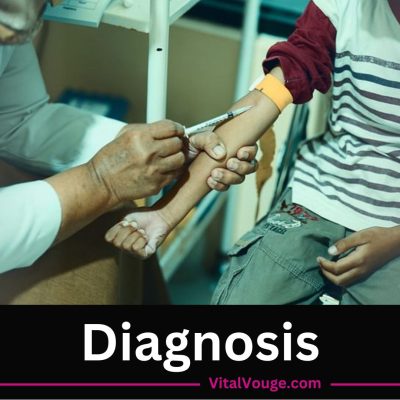
CHIKUNGUNYA IN KARACHI PAKISTAN
Karachi is currently seeing a big increase in Chikungunya virus (CHIKV) infections, with cases going up since May 2024. Infected mosquitoes found in Africa and Asia spread the viral illness Chikungunya to people. These mosquitoes can also be the cause of other viruses like dengue and zika. Chikungunya infection is spread in humans by the mosquitoes when they bite with the virus carried in them. It is not a contagious virus, and it doesn’t transfer through person-to-person contact or saliva, but it can spread through blood transmission.
CHIKUNGUNYA SEASON IN PAKISTAN
Two different types of mosquitoes can be the cause of the chikungunya virus. These two species are named Aedes aegypti and Aedes albopictus mosquitoes. These mosquitoes are active during the day. Both spices bite outdoors, but Aedes aegypti can also bite inside homes. Most infections happen during or right after the hot rainy season.

SYMPTOMS
High fever that could go up to 104 degrees on a thermometer and can last several days or even for more than a week
- Severe Headaches
- Joints swelling
- Pain in palms, ankles, and knees
- Nausea
- Skin rash
- Accute Fatigue
- Blisters in mouth
WHAT CAUSES CHIKUNGUNYA
Chikungunya virus spreads in the human body when a mosquito carries the virus and bites you. It is a non-contagious virus, and it does not spread from one person to another. So, if you have chikungunya, you can’t give it to someone else, like a carer or family member. There have been some cases where healthcare workers got the virus after handling the blood of an infected person, but this type of transmission is very rare.

DIAGNOSIS
Chikungunya is diagnosed in two ways: by laboratory tests and by the visit to your physician. The physician might advise the blood sample check in the first 5 to 6 days of illness, when antibodies are not detected in blood. Tell your physician if you have recently travelled to a place where this virus spread a lot. In that case, the blood tests would be more needed to be done.
TREATMENT
- Treatment mainly focuses on easing symptoms:
- Drink plenty of fluids.
- Get lots of rest.
- Take Paracetamol for pain and to reduce the temperature of the body.
- Avoid NSAIDs and aspirin until your doctor does not prescribe them because blood thinner medicines can increase the risk of bleeding.
It will take a week to be cured, but sometimes patients might face joint pain, which can last for 1 to 6 months. Once you have chikungunya, it’s unlikely you’ll get it again because your body builds immunity to the virus.
Most people get better from this virus within a week, but it can cause more issues for those with certain health problems.
Try to use insect repellent to avoid the mosquito bites, stay indoors as much as possible, and especially remove any standing water around your living place. In the case of high fever, severe body-aches, and unbearable joint pain, visit your doctor as soon as possible.



